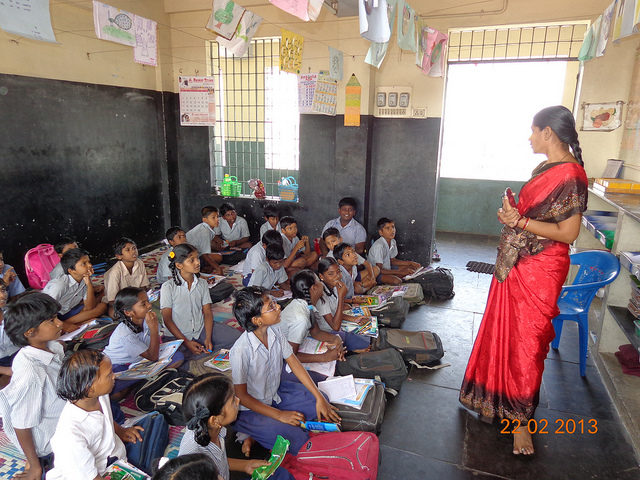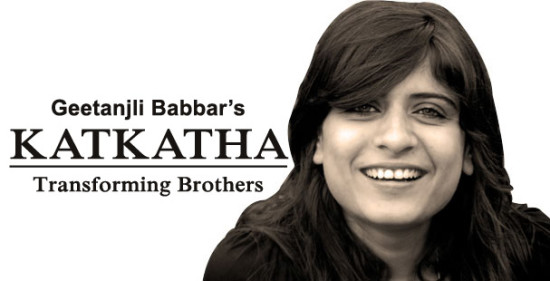Parents do not usually fuss over admitting their children in schools when they’re old enough to begin kindergarten. Keeping their choice rather simple, parents seek for schools that may cover a short distance from their resident or is just a walk away. But the real hassle begins when the child grows up and parents start worrying about the foundation. That is where the compelling debate, over which school to shortlist, starts doing its rounds. Exploring about the best education for you is no less than arduous homework as it means covering prompt and accurate knowledge about the concerned school’s quality, credibility, faculty, co-curricular activities’ facilities, and the big question – ‘is the school elite enough?’. In the meantime, parents not only research and network vigorously but also try their best to recognize the finest picks that could be unbolted for you in future.

Image courtesy : Flickr
The real catch lies in settling over private and public schools. It is best not to compromise on the quality of education which is somehow an outcome of all the aspects that work in its favor. Should we then explore the features of public schools and that of private ones for a better understanding (or a higher level of confusion)?
Capacity of class
The size of each class is occasionally indirectly proportional to the goals and visions of the school. Although it varies in states but there are private schools which offer limited seats for admission of students while on the other hand there are many public schools which allow admission of as many students as possible. It is largely perceived that lesser the students, better the interaction and dissemination of knowledge. This ensures attention is received at individual level and in its best form. Also, with a bulky population at school, organizing programs or workshops become rather troublesome when it comes to administering them. Some schools aim at quality education which might not be felt in some private schools whose motivation mostly rests on commercials. The good news is some private schools are now gradually laddering up the mark of quality education to make its presence felt among generations to come.
Quality of teachers
Public school teachers are required to meet some of the requirements posed by the state government. Due to this the teachers are state certified and undergo proper training including student teaching and coursework. Along with college degrees they are obligated to be licensed by the state. Most of the teachers are minimum holders of minimum degree which is self-explanatory of their qualification levels. In cases where the qualifications do not match as per requirement, teachers are subjected to tests held at the central levels where they must validate their competency for the respective position. On the other hand, private school teachers are not required to have certification or have subject-wise expertise. They just need to meet the personal criteria laid down by schools. It is not that private school teachers are less qualified but those of government schools could be counted on without a doubt. Again, the good news is: even the standard private schools are setting their own standards which may even be more stringent than the public ones.
Infrastructure
Even infrastructure and facilities play a vital role. Public schools are maintained by government who are obligated by constitutional norms for maintaining infrastructural standards. But private schools may not have sufficient attention to laid down standards of infrastructure and may try to bypass them. Most parents look out for private or public schools for this very reason, i.e. facilities, for a better way of life. Public schools have bigger campus but private schools take care of other needs like health center or canteen or multimedia rooms or labs which are equally important as the students grow.
Cost –
Cost is definitely a factor especially for the parents of weaker economic sections of the community. In public schools the fee structure is low but admission is highly competitive which is very helpful for the meritorious students of needy families. For relatively well to-do families the cost becomes secondary and they are ready to put in their children to good schools as investments for their own future and their child(ren).
Although the crucial factors have been highlighted but there are many others like diversity and learning through playing, social status and so on. We shall need many more articles to discuss all of them. In supposition, one may try to figure out the right and wrong regarding choosing the best school for their wards. All that can be recommended is to evaluate all the factors and make decisions based on ones which shall be important at individual levels.



























As i am currently studying in a private school in India i find that this article is a little biased towards the Public schools, because the real picture is not so rainbows and roses. Public schools rarely have enough funds to maintain there schools and often do not have enough qualified teachers.